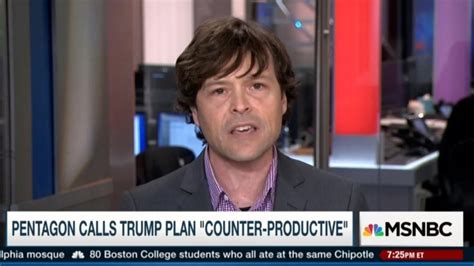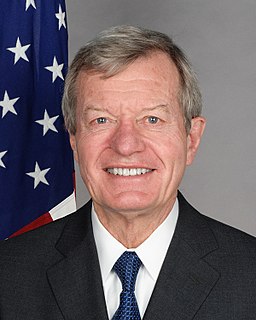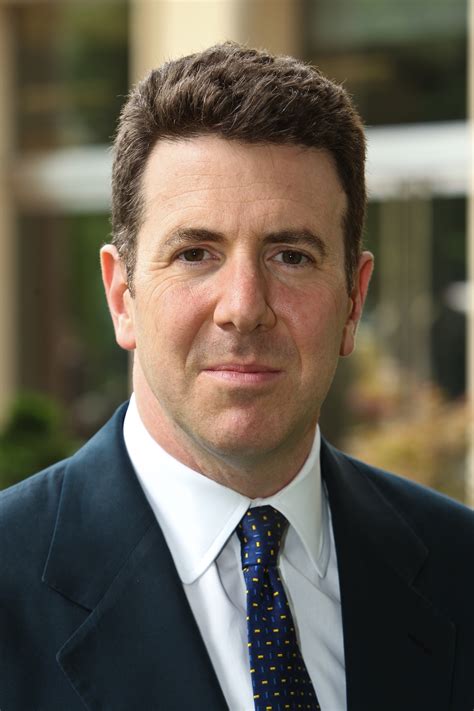A Quote by Rajnath Singh
In our effort to tackle terrorism, we should look into all possible avenues of cyber-crime, its linkages with the terrorist world, and how these could be dealt with.
Related Quotes
Take a look at the Supreme Court decision that just authorized an effort by U.S. claimants against Iran for terrorist acts. What are the terrorist acts? The terrorist acts are bombings of U.S. military installations in Lebanon and Saudi Arabia, which Iran is claimed to have something to do with. Well suppose they did. That's not terrorism. I mean if we have a military base in Lebanon that while we're shelling Lebanese naval ships, the Navy is shelling Lebanese installations and somebody attacks [that's not terrorism].
These days, the FBIS service regularly includes translations from many terrorist or terrorist-linked websites and chat forums. They provide an unprecedented inside look at how modern terrorist groups function and operate. They also offer a possible chain of evidence that, if properly investigated, can lead back to important transnational terrorist operatives. In other words, don't shut the websites down, but rather use them as a means to shut the terrorist organization down instead.
We've seen a shift where people were often initially reluctant to call things terrorism until they knew for sure. And now they start out assuming it's terrorism and then work backwards and say it may or may not have been terrorism. And it does matter tremendously because of the resources involved. If it's a crime that's seen as a disturbed individual, then local police will handle it. If it's a crime that's seen as someone who might be linked to an international terrorist group, you get the vast federal U.S. national security bureaucracy as well as tremendous political attention.
I remember asking one of the [cyber experts], I said, "Knowing what you know, and you exist behind the curtains so to speak, and you see behind the curtain, do you look at the world differently? Do you feel you have an upper hand?" He just started laughing and said, "Man, people have no idea how exposed they are, how vulnerable, and what's possible."
The U.S. has the most advanced cyber-weaponry on the planet, and t if you look at the U.S. from the perspective of the Chinese People's Liberation Army, which runs most of its cyber activities, they look at you and they see Google and Facebook - the two largest depositories of personal data in the world - and they see the reach of the National Security Agency, which has huge digital capacity to know what is going on around the world. So the Chinese would see cyber as an un-level playing field, because the U.S. holds all sorts of advantages.






























